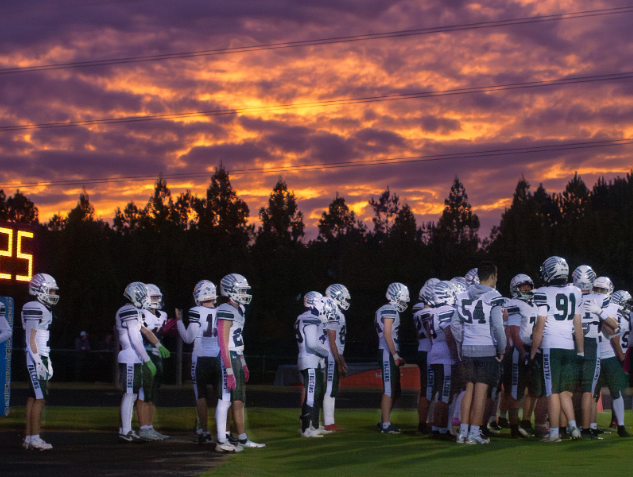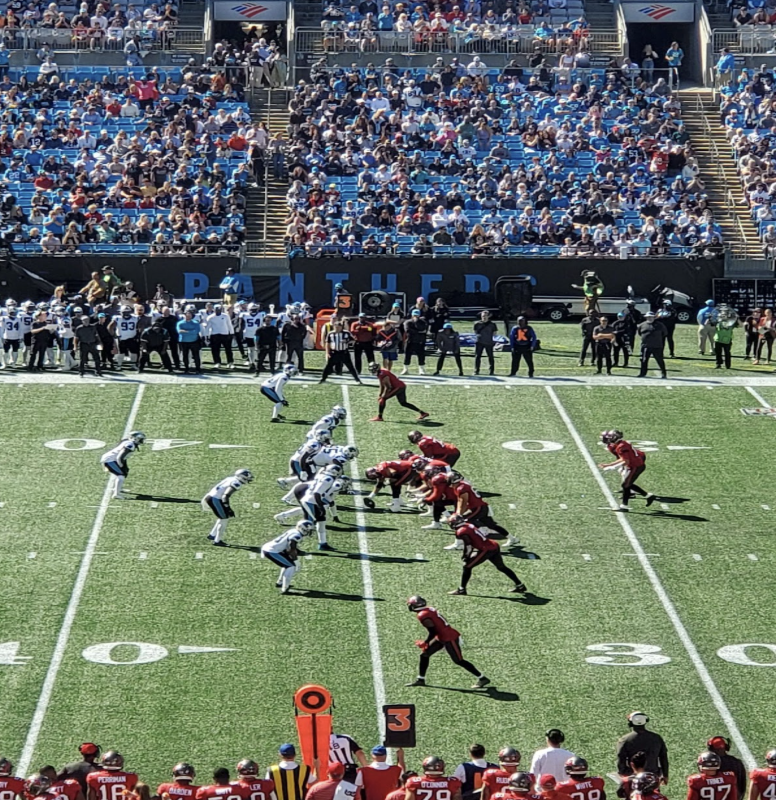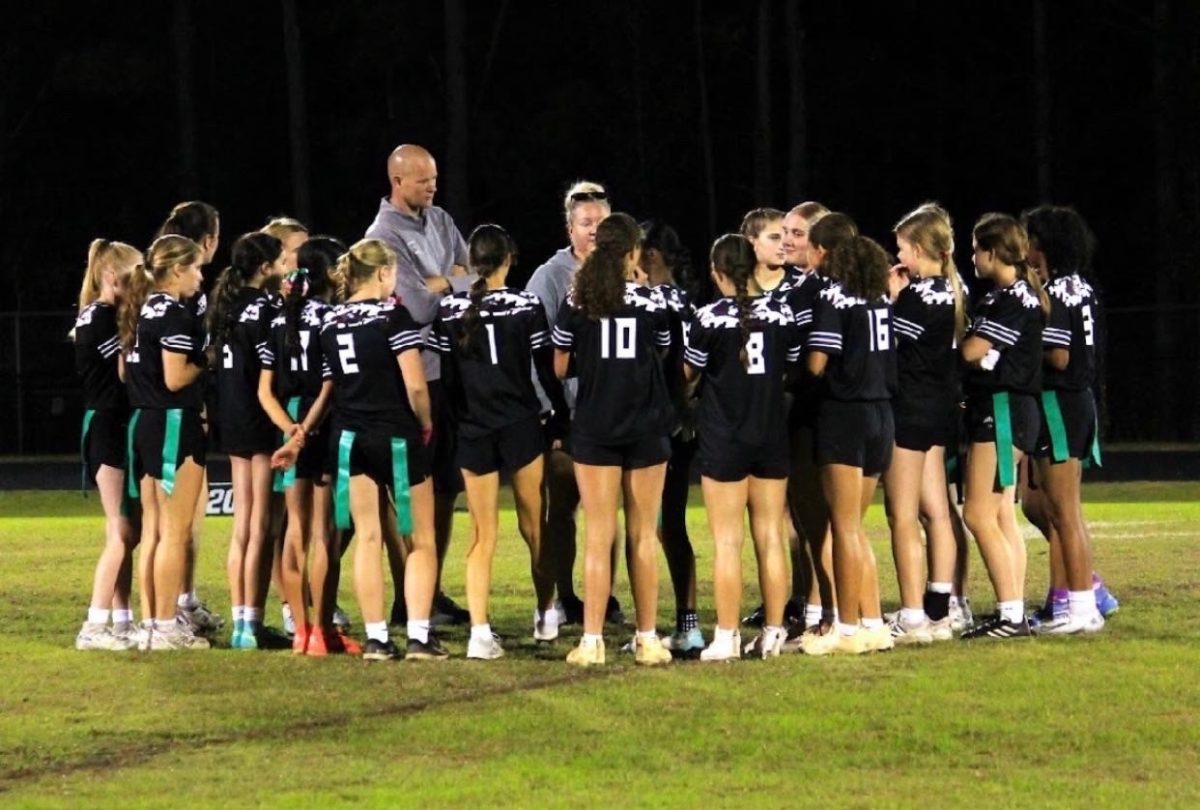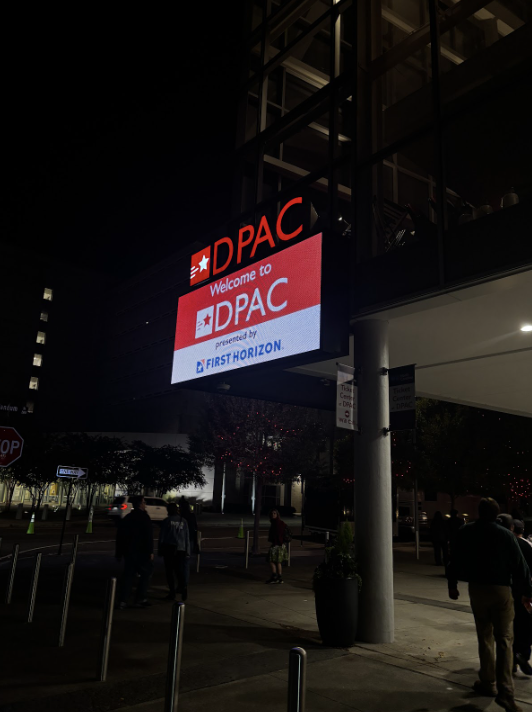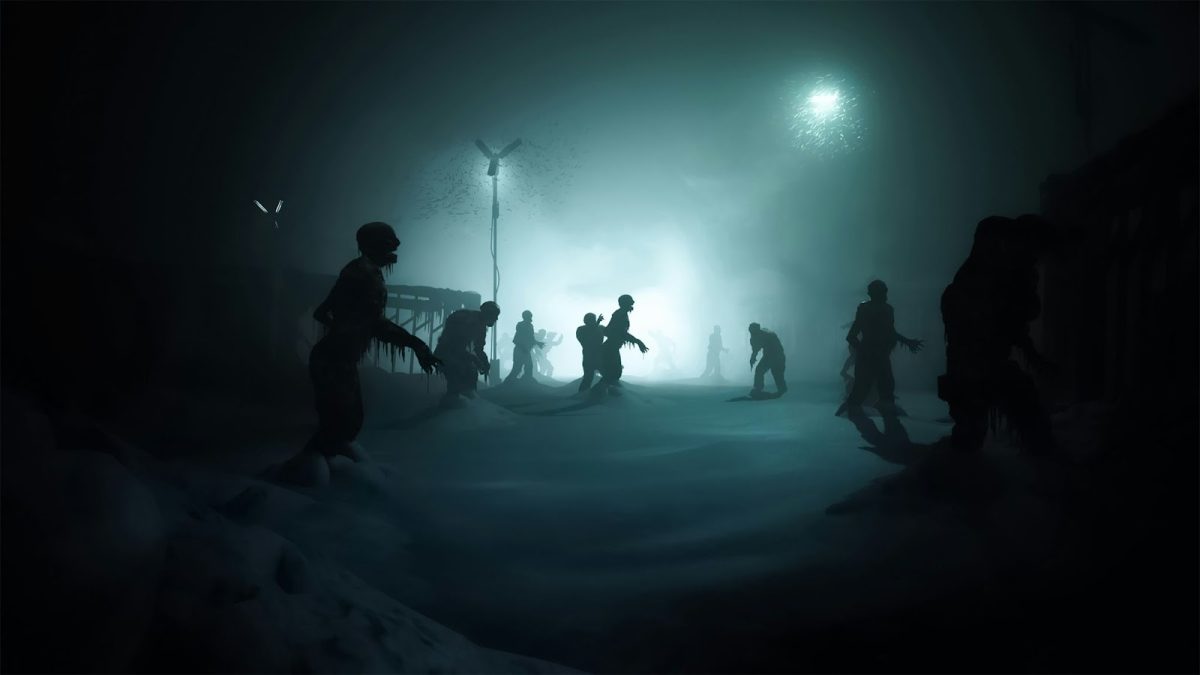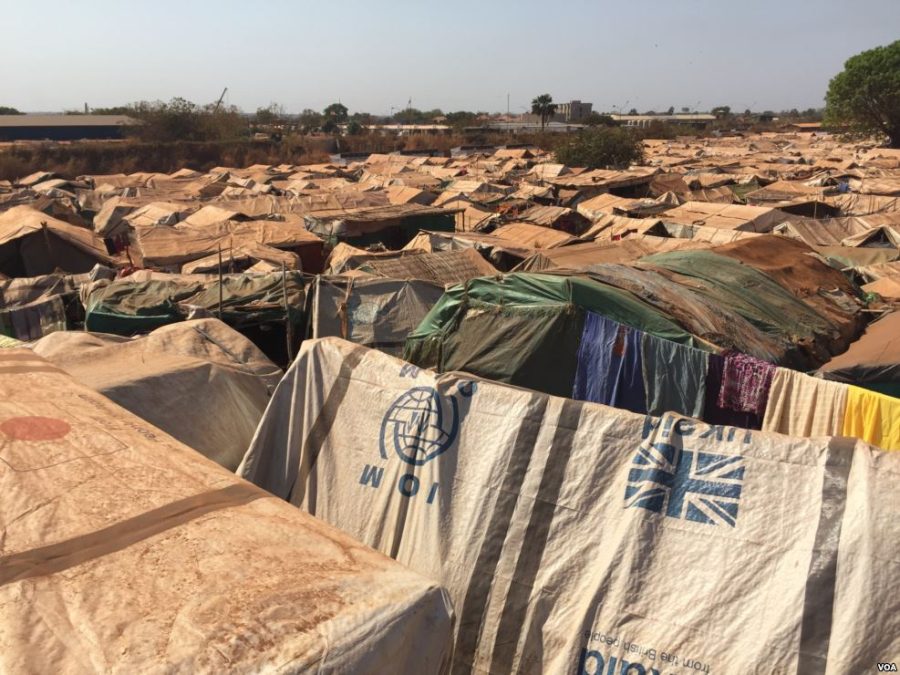Political rivalry in Sudan leads to Civil War
Political violence across Sudan impacts millions, leading to the destruction of food, electricity and water supply as well as infrastructure.
May 4, 2023
A civil war erupted in Khartoum, Sudan’s capital city, on April 15, as powerful rival military groups fight for control over Sudan’s military. Fighting caused thousands of Sudanese civilians to be displaced and/or injured, as well as a scrabble for international diplomats and citizens to leave Sudan immediately. Millions of Sudanese people are trapped with diminishing access to supplies of food and water.
Why is there fighting?
The seemingly sudden eruption of violence in Sudan is between former military allies–Rapid Support Forces and the Sudanese Army.
RSF is a government-recognized paramilitary group led by Lt. Gen Mohamed Hamdan Dagalo. In 2019, RSF and the Sudanese Army, which is led by Lt. Gen Abdel Fattah al-Burhan, joined forces to orchestrate a coup to depose longtime dictator Omar-al Bashir.
A transitional civilian government composed of both civilian and military leaders took power after Bashir, in hopes of bringing the nation stability. However, RSF and the Army staged another coup, detaining and unseating the Prime Minister of the civilian government.
Following months of protests as well as pressure from the United Nations and other countries, a deal was signed earlier in April that would officially integrate the RSF into the military. The agreement also serves as a timetable to place the army under civilian oversight.
Disagreements between the two lieutenants over the integration of RSF in the army sparked the ongoing violence within the country.
How is Sudan being affected?
Former Green Hope student Alaa Ali (‘22), who is of Sudanese heritage, spoke on her family’s experiences in Khartoum throughout the unfolding of the violence.
“It was an attack that happened suddenly and no one expected it to happen or go on for so many days…One of my aunts was on her way to work and as soon as she heard the gunfire she turned her car around and hurried home. This crisis led to people being stuck in their homes in fear and scared that if they go outside, they will be hit,” said Ali.
Civilians are facing the brunt of the damage from the fighting. Civilian access to water and electricity has been cut off by airstrikes and bombs. Hundreds have been killed and injured.
“So many people after being stuck in their homes and not being able to leave their houses began to run out of food and water. They also cut off the water and electricity in most of the houses,” added Ali.
Over 50,000 Sudanese refugees have already fled into bordering countries.
“Four days ago my grandparents, my aunt and around 50 other relatives made the choice to cross the border and go to Egypt. The situation and future in Sudan is uncertain, but going to Egypt was the best option for them,” Ali said. “Providing water, food, shelter and medical help to the people is what is needed most and it has not been easy to provide to the people and ensure their safety.”
The Sudanese Health Ministry has reported the total death toll as of April 29th as 528 people, with an additional 4500 injured. However, it is expected that the death toll is much greater due to a lack of reporting from hospitals in the country.
Due to the nation’s pre-existing poverty rates and poor infrastructure, many hospitals are quickly reaching capacity with only 2o of the capital’s 59 hospitals still functioning. These 20 hospitals are currently serving Khartoum’s 650,000 people.
“Spreading awareness about the crisis in Sudan is important because the people in Sudan are in need of help and there are not enough resources and supplies in Sudan that can help the people,” said Ali. “It is unclear and hard to tell when the fighting will stop and meanwhile, innocent lives are being taken.”





















